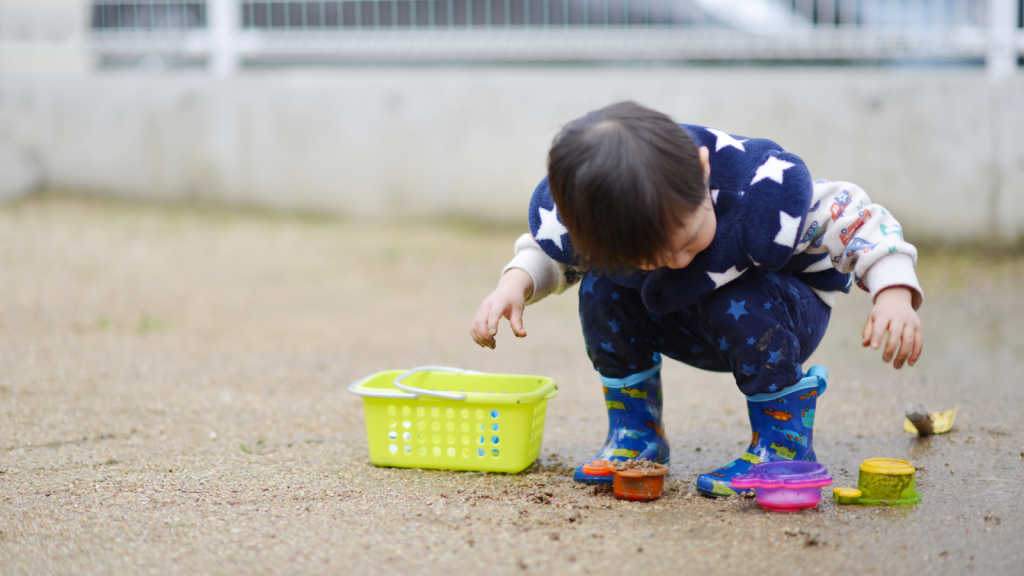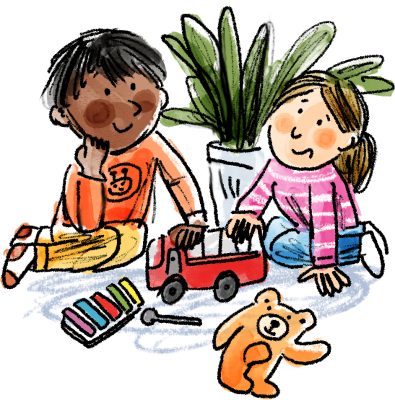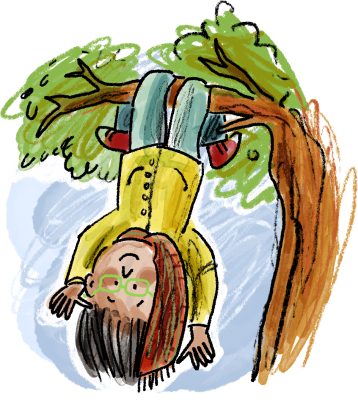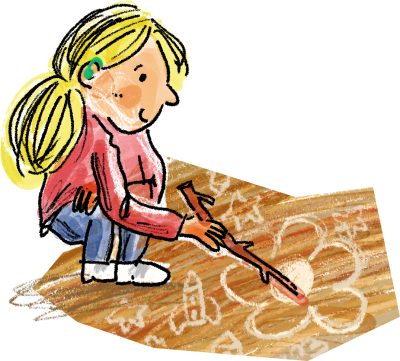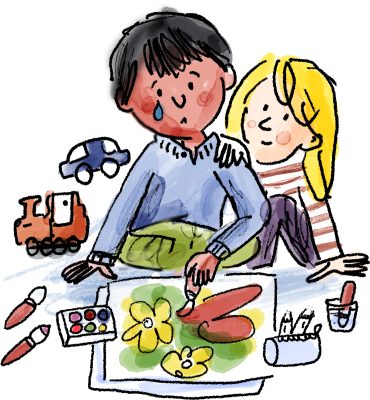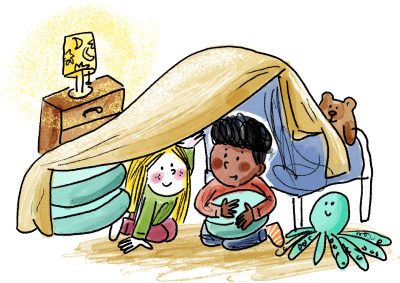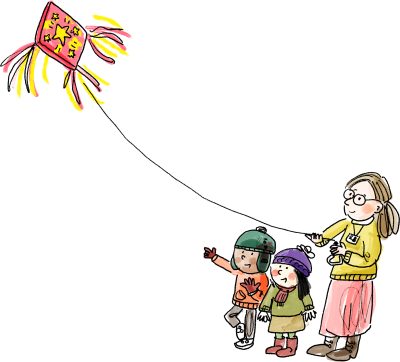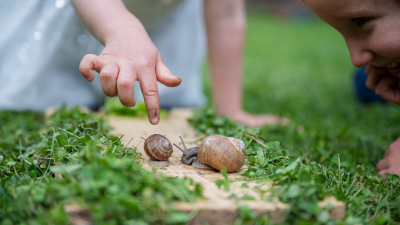
“Play is our brain’s favourite way of learning”
Diane Ackerman, poet
“In play a child always behaves beyond his average age, above his daily behaviour. In play it is as though he were a head taller than himself.”
Lev Vygotsky
The Power of Play in Early Learning
Play is at the heart of early childhood development. It is how children learn about themselves, others, and the world around them. Through play, children develop essential skills that shape their future, including creativity, resilience, and problem-solving.
At Play Scotland, we champion the right to play for every child and support early learning and childcare providers to deliver high-quality, engaging play experiences.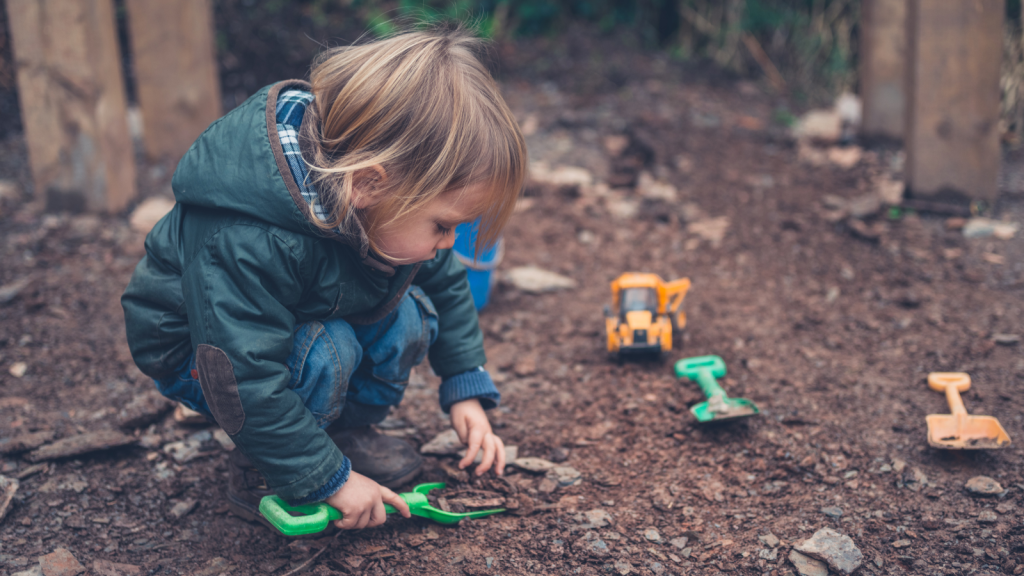
Why Play at Nursery is Essential
Nurseries and other early years and childcare providers play a crucial role in fostering play-based learning. A well-designed play environment supports children’s:
-
Cognitive Development – Play encourages curiosity, imagination, and critical thinking.
-
Social Skills – Children learn to collaborate, share, and express emotions through group play.
-
Physical Well-being – Active play promotes motor skills, coordination, and overall health.
-
Emotional Growth – Play helps children process emotions, build confidence, and develop resilience.
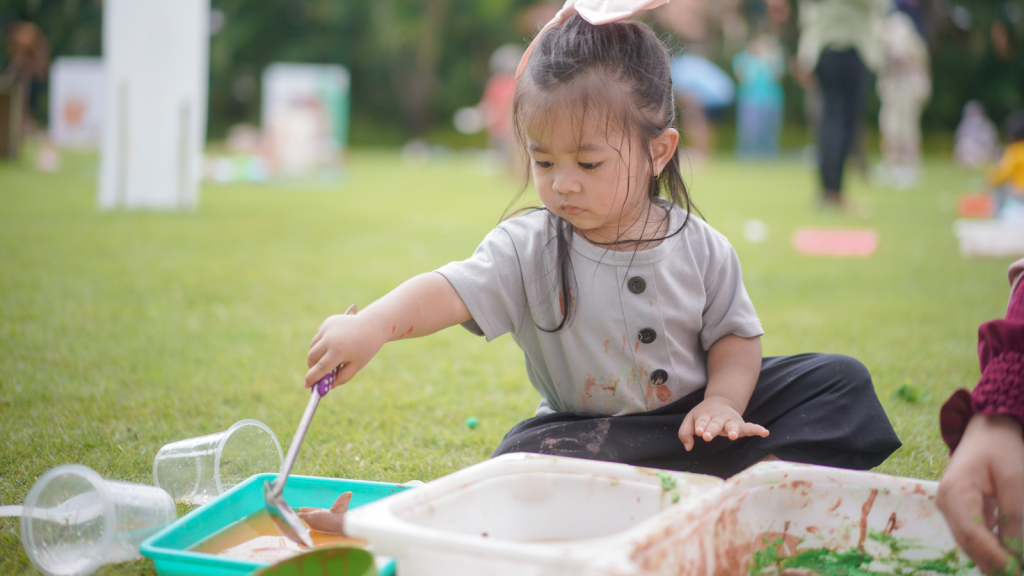
The Right to Play in Early Learning and Childcare
United Nations Convention on the Right’s of the Child
The United Nations Convention on the Rights of the Child (UNCRC) recognises play as a fundamental right for every child (Article 31). In early learning and childcare, this right is essential for children’s development, well-being, and happiness. Play is not just recreation—it is how young children learn, explore their world, and develop key life skills. Nurseries and childcare settings have a responsibility to uphold this right by providing rich, engaging, and inclusive play experiences that support every child’s growth. By embedding play in early years education, we ensure that children’s voices, choices, and needs are at the heart of their learning journey.
The General Comment 17 outlines research evidence demonstrating that playing is also central to children’s spontaneous drive for development and that it performs a significant role in the development of the brain, particularly in the early years. Play and recreation facilitate children’s capacities to negotiate, regain emotional balance, resolve conflicts and make decisions. Through their involvement in play and recreation, children learn by doing; they explore and experience the world around them; experiment with new ideas, roles and experiences and in so doing, learn to understand and construct their social position within the world.
Scotland’s Play Strategy
The ambition in the Play Strategy for Scotland is for all children and young people to enjoy high-quality play opportunities, particularly outdoor free play in stimulating spaces with access to nature, daily in early learning and childcare.
Playing outside is fundamental
Playing outdoors enhances learning and is fundamental for children and young people to thrive in health, wellbeing and development. It is our shared responsibility to support and enable all of Scotland’s children and young people to access our diverse greenspaces and natural landscapes and to empower them to enjoy these spaces for the purposes of playing and learning. We commit to working together to meet these responsibilities.
(Scotland’s Outdoor Play & Learning Coalition Position Statement)
